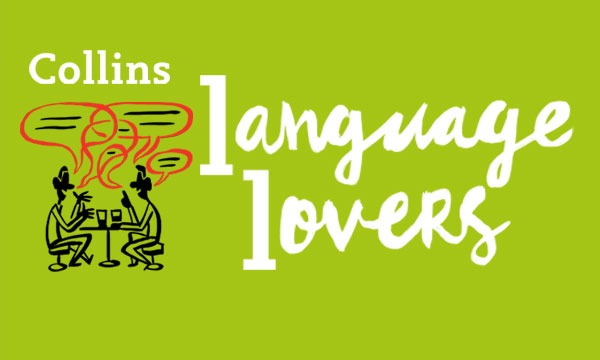Recent news headlines have been dominated by tariffs, and US president Donald Trump frequently refers to tariff as “the most beautiful word in the dictionary”. Have you ever wondered about the story behind the word? If we dig deeper, we find that this everyday economic term has a rich history that spans continents and centuries. Let’s explore how this word made its way into our contemporary vocabulary and why it continues to be relevant in today’s global economic discussions.
What does tariff mean?
In contemporary usage, the most common meaning of tariff is a tax imposed on imported goods or services. Collins defines this sense of tariff “as a tax levied by a government on imports for purposes of protection, support of the balance of payments, or the raising of revenue”. But this only scratches the surface of the word’s fascinating journey.
Tariff’s etymology: from Arabic tables to European trade
The word tariff has its origins in the Arabic word ta’rīfa, “to inform”. In medieval Arabic, ta’rif (تعريف) referred to a table or list of fees to be paid. The term was adopted by European traders who encountered it through commercial interactions with Arabic-speaking merchants in the Mediterranean.
The word journeyed through Italian as tariffa and Spanish as tarifa before finding its way into French as tarif. Interestingly, the Spanish city of Tarifa, located at the southern tip of the Iberian Peninsula near the Strait of Gibraltar, is sometimes linked to the word’s etymology. During the Moorish occupation, this strategic port supposedly collected duties from ships passing through the strait, though linguistic scholars debate whether the city named the practice or vice versa.
The earliest documented use of tariff (as tariffa) in English dates back to 1591, when it referred to an arithmetical table or ready reckoner. By the 17th century, tariff had come to denote a list of taxes on imports, and tariffs became a key feature of mercantilism – the economic theory that national prosperity depended on a favourable balance of trade.
The significance of tariffs
Throughout history, tariffs have sparked serious conflicts. The US Tariff of 1828, which set very high taxes on imported goods, was dubbed the “Tariff of Abominations” in southern states because of its effect on their economies and intensified tensions between northern and southern states prior to the Civil War. In 1930, the Smoot-Hawley Tariff Act raised US import duties to historically high levels, exacerbating the Great Depression and illustrating the global impact of tariff policies.
Today, the levies set by the US government on foreign imports have brought tariffs back into everyday conversation, sparking talk of a “trade war”– an economic conflict in which countries impose import restrictions on each other. While the repercussions continue, this seemingly humdrum word with a surprisingly rich history will be the subject of discussion – and dictionary look-ups – for some time to come.
By Collins Dictionaries



